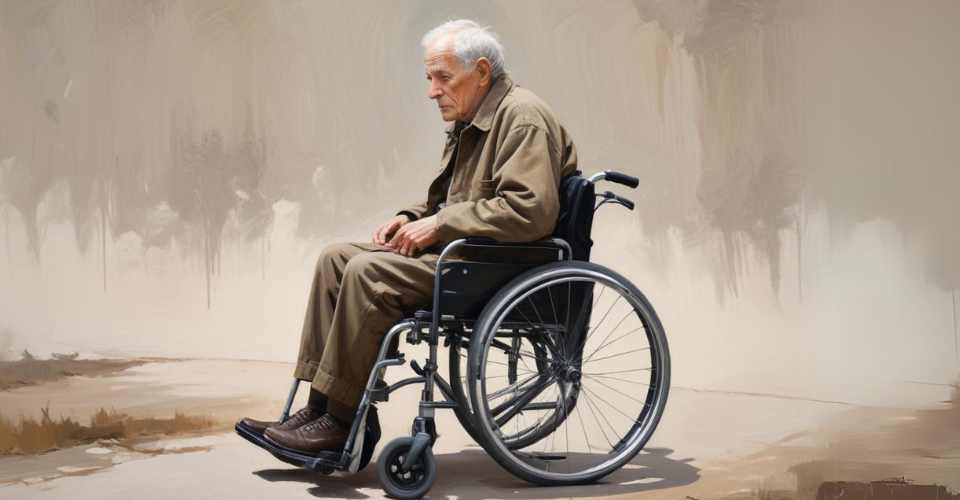Canadians have created a new law that will enable individuals suffering from mental health issues to benefit from assisted death, which takes effect in March.
Many people think of this change as being modern, but it has caused a lot of heated debates in the country bringing out the very deep divisions among Canadians.
Canada’s current legal framework on assisted dying only grants it for those with terminal or chronic diseases.
However, the forthcoming legislation shall provide an opportunity for mentally ill individuals to seek assisted death thereby joining the few countries with this kind of provision.
This adjustment has received varied responses among citizens. Critics assert that this shows failure on the part of Canada’s public health system to attend properly to psychiatric health care, an area famous for being underfunded and overburdened.
Jason French is one such advocate of assisted dying expansion who resides in Toronto and deals with severe depression.
Still, he refused to disclose his age due to societal shame about his condition and yet he talked about his struggle saying that he had twice tried commit suicide.
“From the beginning, I just wanted to get better,” French stated. “I’m resistant to all these treatments unfortunately, and at the end of the day, I can’t do this anymore. I cannot live my life like this again.”
Nonetheless, healthcare experts like Dr Maher John who is a psychologist dealing with complex patients, said they were worried that desperate patients might opt for euthanasia rather than seek long term solutions.
“I am trying to keep them alive,” Dr Maher emphasized. “What does it mean for us as physicians – healers – givers of hope – what does it mean that we should be offering death? What does that look like?”
The government is simply referring back to a 2019 Quebec court ruling which according to them necessitates law extensions.
On their part however, some members from Conservative Party think different by accusing them for practicing a “culture of death”.
Some want the government to spend resources on mental health rather than increasing access to euthanasia as seen from the left of the political spectrum.
The implementation of assisted death for mentally ill people is still a topic of uncertainty and debate as its scheduled date gets closer.
In addition, the parliament has delayed enacting it in past instances out of fears that it might be properly enforced with potential for more delays.
Mental health care workers have expressed concerns about clinical guidelines that were issued in March because they lacked support and direction.
This was confirmed in quotes by Lisa Marr, a former paramedic diagnosed with post-traumatic stress disorder, who said she anxiously waits for the law to change.
“None of the medicines I take are really keeping me together,” Marr admitted while telling about her bipolar disorder, depression as well as skin-picking disorder.
She looks forward to the decision this March having made multiple attempts on her life but always having survived.
Assisted dying laws journey in Canada began in 2015 after Supreme Court de-criminalized practice for terminally ill individuals or those with physical disabilities or chronic incurable conditions.
Last year, approximately 13,200 Canadians underwent assisted deaths compared to 31% increase of previous year. Of these, 3.5 percent equating to 463 people had other non-terminal medical conditions.
To be qualified, patients have to go through a rigorous process, including evaluation from two different doctors, waiting for 90 days and determining the “irremediable” nature of their condition.
Some psychiatrists and healthcare practitioners are worried about their ability to tell if patients who want to die with assistance might get better with time.
Those in support argue that it is discriminatory to deny the mentally ill the right to choose death in certain circumstances.
As Canada moves towards legislation authorizing medically assisted dying, opinion remains sharply divided over its merits, leaving the nation at an intersection of compassion, ethics and health policy.




























